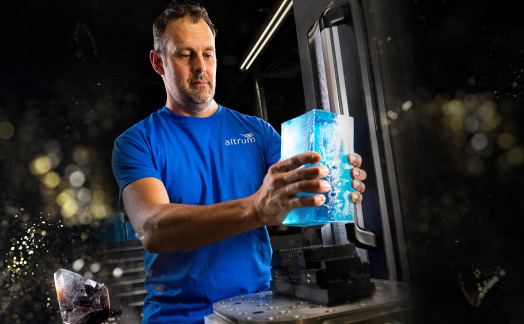10 Myths About Employee Performance (1 Of 2)
October 2, 2015, In Employee Engagement
If there’s any topic making headlines in the business sector these days, it’s employee performance! But, what exactly is performance? The Merriam-Webster dictionary defines it as: “Something accomplished;the fulfillment of a claim, promise, or request.” That certainly leaves room for interpretation, doesn’t it? So, instead, let’s look at it from another angle: things a high-performance employee DOESN’T do!
1. WORK LONG HOURS
It’s a widespread misconception that working long hours makes an employee more productive. In fact, researchers from the International Labor Organization concluded the opposite: working longer hours negatively affects both the amount AND the quality of work done. Rather than working more hours in a row, productive employees take regular breaks and get more done.
2. MULTITASK
Did you know that the brain needs time to shift focus from one task to another? Realistically, it’s capable of doing a maximum of two things at once. According to a recent study by French neuroscience researchers, add in a third task and that’s when you’ll start to see mistakes happen. It’s been proven numerous times that trying to do too much at once only slows down the work and causes unnecessary stress. On the contrary, a productive employee focuses on one task at a time but also has the flexibility needed to switch between tasks, when needed.
3. WORK WELL UNDER PRESSURE
You’ve no doubt heard that a certain amount of “positive stress” is good for employees. However, industrial psychologists are far from unanimous on this point. After reviewing 52 studies on the link between stress and performance, researchers at Université du Québec en Outaouais concluded that 75% of them showed that performance is negatively affected by workplace stress.
4. WORK ALONE
Contrary to what we might think, productive employees don’t necessarily like to fly solo. Teamwork provides different points of view and draws on individual strengths. According to an article published inPsychologie Québec, companies would benefit from introducing activities that require managers and employees to work together as a way of boosting employee performance.
5. REFUSE TO HAVE FUN
According to the training and skills development experts at COSE, the most productive employees attribute their successes to the fact that they have fun at work. The work environment, team dynamics, and recognition are all factors involved in creating an enjoyable workplace. Former manager and author Jean-Luc Tremblay even developed a well-known philosophy to increase company performance through fun.
Did you know that employees who have fun at work are 135% more productive?








